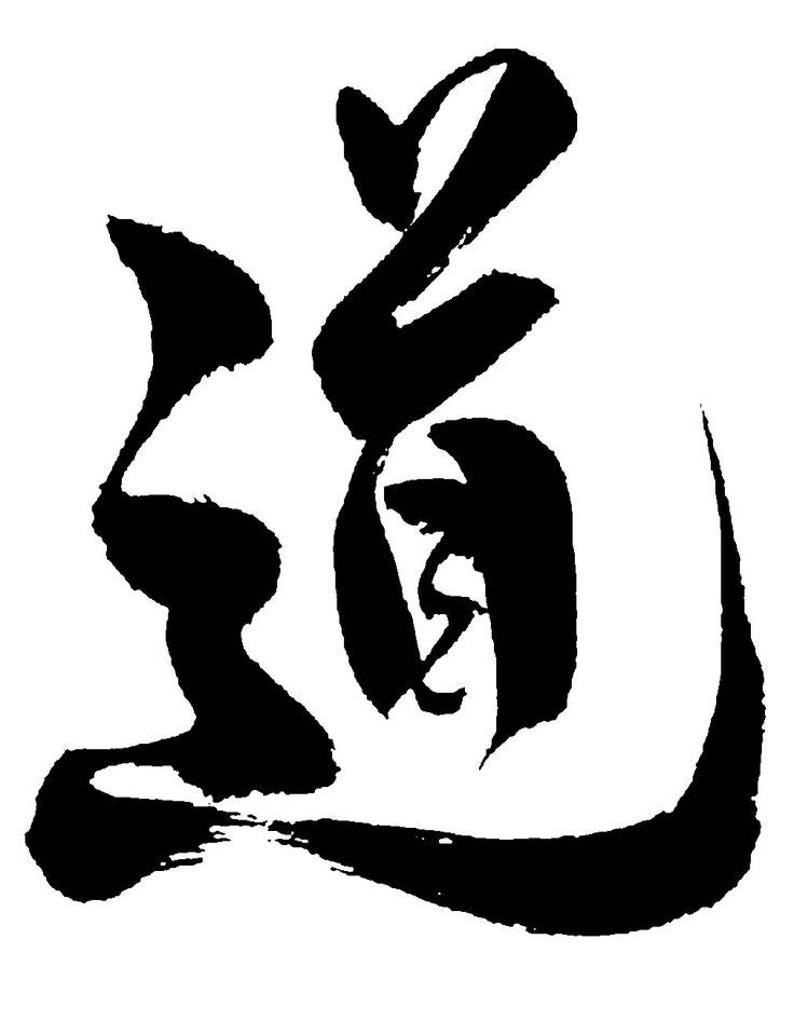14. Religion and Philosophy
Religion and Philosophy: Pathways to Truth and Eternal Freedom
Both religion and philosophy offer pathways to understanding existence, but they differ in purpose and application. When explored with clarity and intention, they can lead to profound transformation, enlightenment, and eternal freedom.
The Qualities of a Truly Ultimate Religion
A truly ultimate religion must possess three essential qualities:
- Impartiality
- A true religion aligns with the WuWei way—effortless, selfless action—free from selfish, hidden motives or behaviors.
- Awake, Void, and WuWei
- A religion that unintentionally yet inherently encompasses the qualities of awakening, emptiness (void), and WuWei is extraordinary. Such a religion guides its disciples toward eternal freedom and oneness.
- Heaven-Oriented Devotion
- A disciple who truly believes in the principles of their faith is never hypocritical. They maintain a heaven-oriented heart, free from deception, and devote themselves wholeheartedly.
A religion that only teaches good behavior is commendable but cannot be considered ultimate. Instead, a true religion must guide individuals toward awakening, freedom, and the eternal truth. This principle helps us discern and evaluate any faith.
However, it is important to note that while faith can save individuals, if followed improperly, it can also lead to destruction. This duality can be likened to water:
- Water supports a boat but can also sink it.
Philosophy: The Pursuit of Wisdom
Philosophy is the pursuit of wisdom, rooted in curiosity about life. It is academic and intellectual, relying on logic and argumentation. However, philosophical knowledge holds no value unless it is practiced and applied in relevant ways.
- A profound theory, much like a Kung Fu exercise book, is meaningless if it is merely read.
- Only when you comprehend and practice philosophy does it become part of you, transforming your life.
The Evolution of Philosophical Understanding
Philosophy evolves alongside the individual’s journey of self-discovery:
- The Curious Mortal
- When a person becomes curious about life, they transform from a mortal into a philosopher.
- The Enlightened Philosopher
- When a philosopher comprehends the fundamental principles of existence, they transform into an enlightened philosopher.
- The Immortal Being
- When an enlightened philosopher grasps the concept of oneness and ultimately attains unity, they transform into an immortal being.
- The End of Philosophy
- When all human beings attain enlightenment, the need for the study of philosophy ceases to exist.
Philosophy as the Gateway to Understanding Being
To understand philosophy is ultimately to re-understand your being. This process requires:
- Re-ordering your value system so that eternity and freedom become your highest priorities.
Philosophy is not just about intellectual inquiry—it is about transforming your understanding of yourself and your purpose in life.
The Dimensions of Existence
To better understand the relationship between our lives and the unseen, imagine an A4 paper with a horizontal line drawn across it:
- The lower part represents the three-dimensional world in which we live.
- The upper part represents dimensions beyond our perception—a realm filled with mysterious beings and phenomena that seem unbelievable to us.
Currently, all humans reside in the lower part, focusing only on their immediate existence. Most people are unaware of the upper dimensions, believing them to be nonexistent.
Encounters with the Upper Dimensions
Occasionally, individuals unknowingly connect with the upper part of existence. These encounters can manifest as frustration, disaster, or interference:
- The Path of Resolution
- Some individuals seize these moments as opportunities for growth.
- By addressing the situation, wishing for blessings, and resolving the interference, they gain wisdom and clarity.
- They see through the illusions of life and begin striving for a new journey—seeking enlightenment and immortality.
- The Path of Decline
- Others fail to handle these moments, leading to further deterioration and ultimately a dead end.
- This occurs because they lack Te to neutralize impurities, leaving them vulnerable to disasters.
The Role of Te and the Illusion of Luck
There is no such thing as luck or unluckiness. Every event in life is not random but a revelation of truth.
- Every person or event you encounter can be a pivotal moment.
- Recognizing this requires a calm and clear mind.
While your fate may seem predetermined, like a scripted play, your choices give you the power to actively alter your destiny.
The Journey Toward Immortal Joy
You have the power to make a new choice at any moment.
- Focus on the path toward immortal joy, free from worry, frustration, and suffering.
- By aligning yourself with eternal truths and cultivating Te, you can transcend the lower dimensions and strive for enlightenment and freedom.
Conclusion
Religion and philosophy, when understood correctly, serve as tools for awakening and transformation.
- A true religion must guide individuals toward awakening, oneness, and eternal freedom, embodying the principles of WuWei.
- Philosophy, while rooted in intellectual inquiry, must evolve into practical wisdom that transforms your understanding of being.
By cultivating clarity, practicing selfless goodness, and embracing the journey toward enlightenment, you can transcend the limitations of this world and move toward the ultimate goal: eternal freedom and immortal joy.

